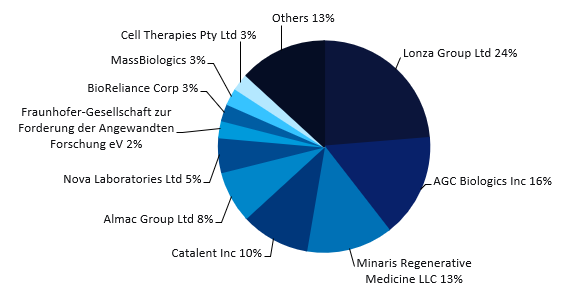
The US Food and Drug Administration (FDA) has started an investigation to review the safety of chimeric antigen receptor (CAR)-T cell immunotherapies following reports of T cell malignancies in patients who received these immunotherapies.
The therapies under investigation include six approved B cell maturation antigen (BCMA)- or CD19-directed CAR-T cell therapies. The investigation follows reports collected from clinical trials and post-marketing adverse event surveillance.
The FDA had required companies to conduct 15-year long term follow-up observational safety studies to assess the long-term safety and the risk of secondary malignancies as part of the respective therapy’s approval.
The risk of post-therapy malignancies applies to all FDA-approved BCMA- or CD19-directed CAR-T cell therapies, as per a 28 November press release. The agency added that although the therapy benefits “continue to outweigh their potential risks for their approved uses”, the FDA is evaluating the need for regulatory action regarding the risk of T-cell malignancies. For now, the agency has said those receiving these treatments should be monitored for new malignancies life long.
The FDA-approved BCMA directed CAR-T cell therapies include Bristol Myers Squibb’s Abecma (idecabtagene vicleucel) and Janssen’s Carvykti (ciltacabtagene autoleucel) both of which are indicated as a fifth line therapy for multiple myeloma. Bristol Myers Squibb and 2seventy bio are seeking approval for Abecma as an earlier line of therapy for triple-class exposed multiple myeloma. However, the assessment of the supplemental biologics licence application (sBLA) for Abecma has been delayed beyond its Prescription Drug User Fee Act (PDUFA) target action date of 16 December.
The four FDA approved CD-19 directed therapies include Bristol Myers Squibb’s Breyanzi (lisocabtagene maraleucel), Novartis’ Kymriah (tisagenlecleucel), and Gilead Sciences’ Tecartus (brexucabtagene autoleucel) and Yescarta (axicabtagene ciloleucel).
All the CAR-T cell therapies under investigation are high grossing drugs, with companies continuously looking to expand their labels. Additionally, multiple companies have invested in developing CAR-T therapies. Recently, AstraZeneca invested in Cellectis to develop cell and gene therapies.
Multiple CAR-T cell therapies are currently in development including Invectys’ CAR-T therapy IVS-3001 for the treatment of renal cell carcinoma. It has received a fast-track designation by the FDA and is being evaluated in Phase I/IIa solid tumour trial (NCT05672459).
Novartis has also invested in acquiring CAR-T cell therapies. Recently, the company signed an exclusive worldwide licence agreement for Legend Biotech’s LB2102. The Delta-like ligand protein 3 (DLL3)-targeting CAR-T cell therapy is being evaluated as a treatment for extensive stage small cell lung cancer (SCLC) and large cell neuroendocrine carcinoma (LCNEC) in a Phase I trial.
Cell & Gene Therapy coverage on Pharmaceutical Technology is supported by Cytiva.
Editorial content is independently produced and follows the highest standards of journalistic integrity. Topic sponsors are not involved in the creation of editorial content.
















